How to Sleep Safely During a Crisis or Emergency
In times of crisis or emergency, getting a good night’s sleep becomes even more crucial. However, it can also be challenging to relax and rest when surrounded by uncertainty and stress. Whether you’re facing a natural disaster, a pandemic, or any other unforeseen event, it’s essential to prioritize your sleep for both physical and mental well-being. Here is how to sleep safely during a crisis or emergency.
Please remember to give everyone in your home their own flashlights or headlamps. I feel safer having a flashlight to guide me in the dark when there is a power outage. These are affordable and work great for all different ages. Colored Flashlights and for me, the ones that Matt, a loyal reader, recommended. Olight Flashlights
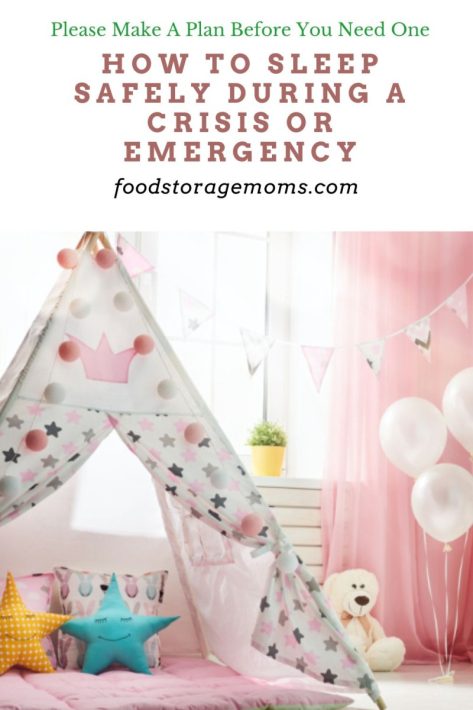
Create a Calm and Safe Sleeping Environment
During a crisis, the atmosphere can be chaotic, making it difficult to find peace of mind. However, establishing a calm and safe sleeping environment is key to getting quality sleep. Here are some steps you can take:
Find a Quiet Sleep Space
If possible, choose a room that is away from noise and disturbances. This could be a spare bedroom, a den, a basement, or any area where you can create a peaceful atmosphere. If noise is unavoidable, consider using earplugs or employing white noise machines to drown out the distractions.
As part of your emergency plan, be sure to have things like sleeping bags, changes of clothes, a first-aid kit, and enough food and water for at least 72 hours. There and other emergency kit items you’ve set aside to “weather the storm,” so to speak, that should be readily available close to your sleeping area.
Ensure Darkness
A dark room promotes better sleep by signaling the body to produce melatonin, a hormone that regulates sleep patterns. Use blackout curtains, blinds, or an eye mask to block out any external light sources.
Secure Your Sleeping Area
If you’re faced with a crisis where safety is a concern, take steps to secure your sleeping area. Lock the doors, close windows, and make sure the room can become well-lit for better visibility if needed. If necessary, consider additional safety measures such as a door wedge or a portable alarm system.
Establish a Consistent Sleep Schedule
Maintaining a regular sleep schedule is essential for healthy sleep habits, even during a crisis. Going to bed and waking up at consistent times, you regulate your body’s internal clock, allowing for better quality sleep. Here’s what you can do:
Set a Bedtime Routine
Establish a pre-sleep routine that signals to your body that it’s time to wind down. This could include activities such as reading a book, taking a warm bath, or practicing relaxation techniques like deep breathing or meditation. Learn how to sleep safely during a crisis using these tips.
Avoid Stimulants and Electronics
During a crisis, it’s easy to fall into the trap of constantly checking for updates or sources of news. However, exposure to electronic devices and stimulating content can interfere with your sleep. Try to avoid electronics at least 1-2 hours before bedtime unless an imminent danger is present, and limit caffeine intake throughout the day.
Manage Stress and Anxiety
High levels of stress and anxiety are common during crises and emergencies. These emotions can significantly disrupt your sleep. Managing the Mental Stress of Prepping Some people require prescription medication to sleep, even in normal situations. Unless they may adversely affect your ability to make reasonable decisions, don’t change your prescriptions routine.
To manage stress and promote better sleep, try the following techniques:
Practice Mindfulness or Meditation
Engaging in mindfulness or meditation exercises can help calm your mind and relax your body. Various apps and online resources offer guided meditation sessions to incorporate into your bedtime routine.
Stay Informed, but Limit Exposure to News
While it’s important to stay informed during a crisis, constantly consuming news updates can increase anxiety levels. Set specific times to check for updates, and avoid news consumption close to bedtime.
Staying informed might include having your emergency contact information handy so you can reach out when needed. You’ll need to have your cell phones charged up before bedtime, have extra batteries for your flashlights, and possibly some candles handy if the power goes out and other light sources aren’t working.
Seek Emotional Support
During challenging times, seeking emotional support is crucial. Emotional stress can be a real concern when a situation reaches crisis levels. Reach out to friends, family, or professionals who can provide guidance and a listening ear. Sharing your worries and concerns can alleviate anxiety and contribute to a more restful night’s sleep. How to Be Tougher Mentally As a Prepper
Practice Sleep Hygiene
Good sleep hygiene involves adopting habits and behaviors that promote healthy sleep. Even in the midst of a crisis, practicing sleep hygiene can have a positive impact on your sleep quality. 35 Essential Personal Hygiene Products You Need to Stock
Keep Your Bedroom Cool and Comfortable
Maintain a cool and comfortable temperature in your sleeping area. A cooler environment is generally more conducive to sleep than a warm one. 10 Ways to Stay Cool Without Electricity Having the ability to layer your bed can be important. Have some extra quilts or blankets ready to go in case the weather unexpectedly changes and the sleeping area gets colder than anticipated. Self-care is one of the precautions to plan ahead for.
Invest in a Quality Mattress and Pillows
A supportive mattress and pillows that suit your preferences can make a significant difference in your sleep quality. Take the time to find the right bedding options for you as part of your plan for preventing sleep loss and providing safe sleep.
Avoid Heavy Meals and Stimulating Activities
Eating heavy meals or engaging in stimulating activities close to bedtime can interfere with your ability to fall asleep. Opt for lighter meals, and avoid intense physical exercise or mentally stimulating tasks in the hours leading up to bedtime.
Consider Older People, Young Children, and Family Pet Care
Many of us have members in the household who need special attention and care during a crisis, including the need for quality sleep. As part of your emergency plan, be sure to consider what may be required for sleep-related items to be available. We often think of our older household members and young children who really can’t make critical decisions, but our pets need to be watched over too.
More Tips
- Inflation, Food Shortage, and Gas Crisis: Will it Get Worse?
- Cash vs. Credit Card: Which is Better in an Emergency?
- What Preppers Prepare For
Final Word
Ensuring safe and restful sleep during a crisis is essential for maintaining overall well-being. Remember, prioritizing your sleep is crucial for coping with the demands of an emergency situation. May God Bless this World, Linda
Copyright Images: Bedroom Elegant and Classic Depositphotos_94514748_S by Choreograph, Bedroom Children’s Room with Tent Depositphotos_133087422_S by Choreograph




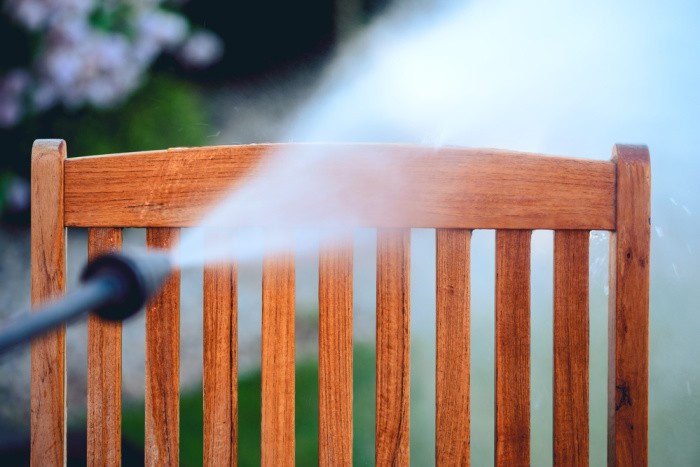
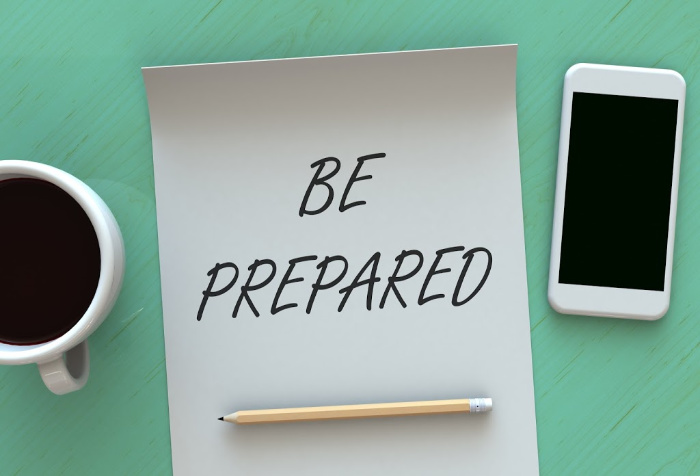

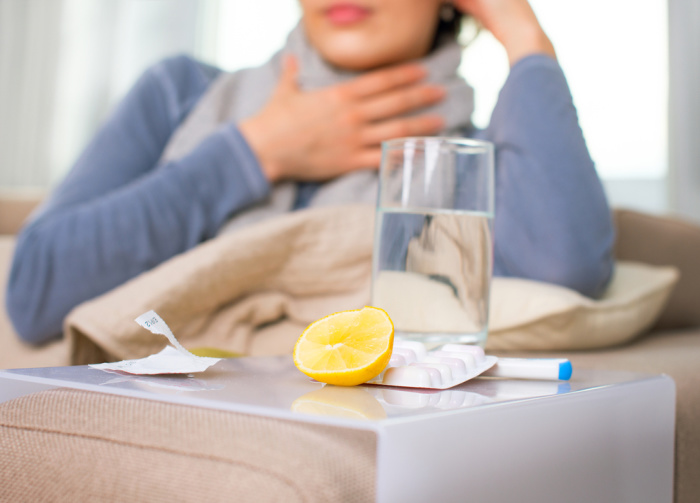
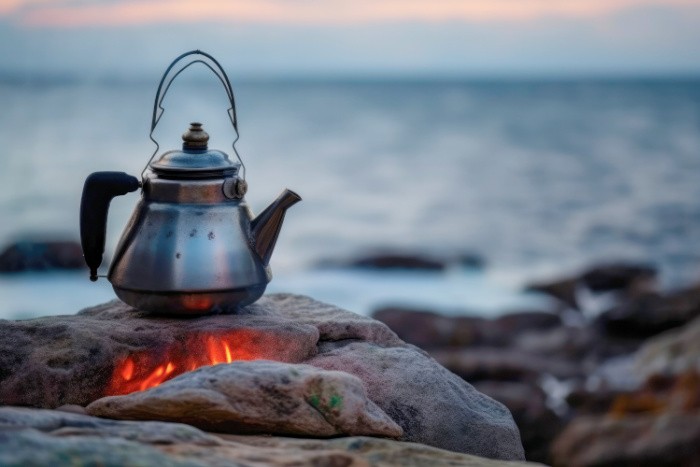













We have pre printed guard and duty rosters as well as pre printed Range Cards and established living quarters should we have to come together in an emergency. Noise/light discipline will most likely be enforced so many of the mentioned things won’t be an issue. You’ll sleep enough as workloads increase dramatically. Stress might hamper ya some but you’ll learn the curve. Avoid the temptation of drugs or alcohol to take the edge off. They do but require gradual increased amounts which lead to other issues.
HI Matt, oh, I remember you told me about the rosters, excellent idea. You are so lucky to have a group to work with, most neighbors are not that fortunate. I totally agree with not taking drugs or too alcohol to calm you down. Our neighborhood just started a neighborhood group deal. My husband and SIL are involved but for me it’s not enough. I will be my own BLOCK CAPTAIN. LOL! So much more is needed than a meeting when many people may not have water or food, let alone skills. I’m glad they are trying to get all onboard but some have no clue or desire to be prepared. It’s all good, Linda
You mention flashlights in the event of a power outage. I have some emergency lights that are plugged into an outlet – bedroom and living room. They come on automatically if the power is out. I purchased them on Amazon but right off, don’t have the name!! I also have headlamps, flashlights with extra batteries. I keep a flashlight in my bag by my bed along with shoes, socks, jacket, and various other items that I can access easily depending on my needs or whatever the emergency is. I live alone so I don’t have an actual “roster” but I do have certain things that I have practiced for different scenarios.
I think the main thing that I have done for safety in emergencies is moving from a city to a small town. That alone makes me more comfortable and will go a long way toward sleeping peacefully.
Hi Leanne, oh my goodness, I have those too! I need to add those to the post, thank you for the reminder! They are critical to have in our outlets. Oh, I’m so glad you moved, Leanne, you are so blessed to live near family and live in a smaller town. If I could have a done a cartwheel I would have done one for you when I heard you were moving! I LOVE it! You and I will do just fine after a disaster! Linda
Something I’ve found helps tremendously with my sleep is Badger Balm’s lavender and bergamot Sleep Balm. Comes in a tin–you put a little on your lips (they also suggest on temples, face, or neck), and the soothing smell really helps with relaxing into sleep. They also make a lavender and chamomile “Night-Night Balm” which is marketed for children–haven’t tried that to know what the difference is! Both *are* more expensive than Badger’s regular Badger Balm for hands, but used just the once at bedtime–my 2-oz. tin has been going for a couple of years now! (If just lavender works for you, they do make a lavender and orange lip balm.)
Hi Rhonda, oh, thank you for sharing this great idea, I will check this out for sure. Badger – Night Night Balm: https://amzn.to/40FDSz5, Badger Balm’s lavender: https://amzn.to/3N6f9yn, I LOVE LOVE LOVE learning about new products. I’m ordering these, thank you so much! Linda
Linda, I appreciate all your recommendations. Since the pandemic and the current unrest, I have found I need to calm my brain in order to rest. I grew up poor and in a chaotic home. I find peace in returning a place I felt safe and warm…… my grandparents home. In my minds eye, I see the lights in the front door side windows….. the french doors leading to stairs and a soft carpet to play on. The back gate leading to the neighbors. I stroll thru the home feeling at peace. I smell the bread and butter pickles my grandmother canned. Going there allows me to rest. God Bless everyone and keep you safe.
Hi Chris, it sounds like you and I grew up the same, in a poor and chaotic home. I can never turn off my mind at night, I watch my husband lay his head down and he’s asleep in a flash. Not me. I’m glad you had such great memories of your grandparents home, it sounds wonderful. I can almost smell the bread and butter pickles, thanks for sharing some a wonderful story. God Bless everyone! Linda